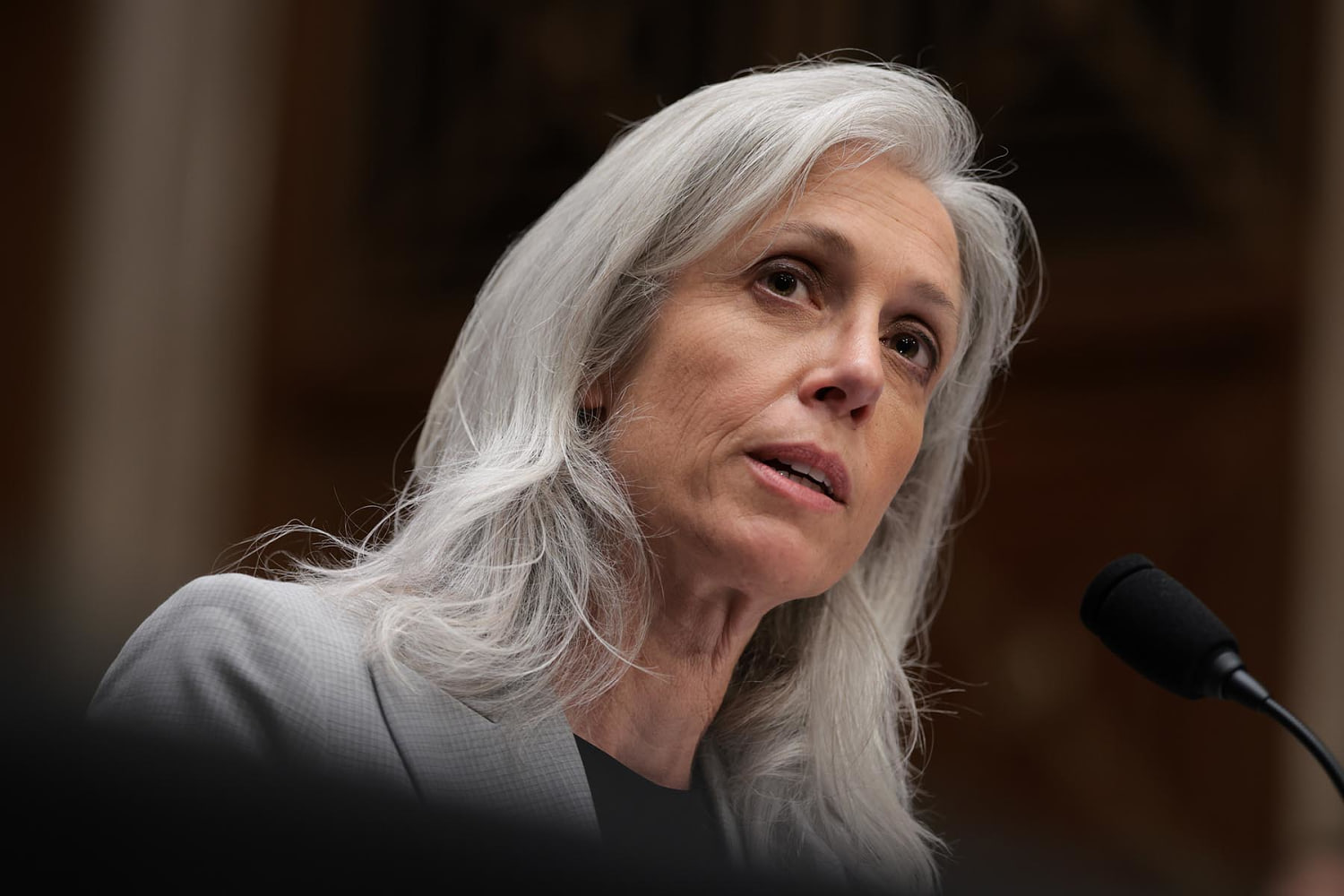Childhood vaccination rates declining nationwide
NegativeHealth

Recent analysis by NBC News and Stanford University reveals a troubling decline in childhood vaccination rates across the United States. This trend poses significant risks not only to individual health but also to community safety, as lower vaccination rates can lead to outbreaks of preventable diseases. Schools and families are particularly affected, facing challenges in maintaining a healthy environment for children. It's crucial for parents and policymakers to address this issue to ensure the well-being of future generations.
— Curated by the World Pulse Now AI Editorial System






